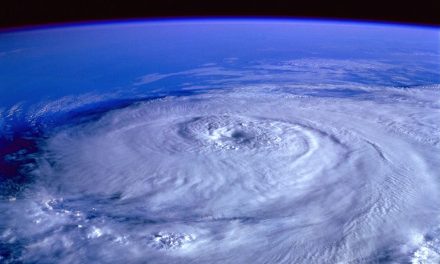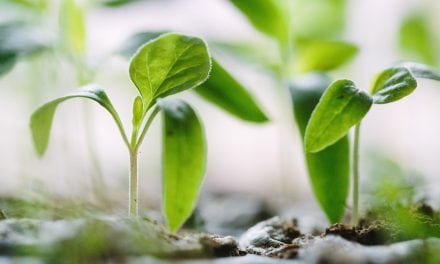Genesis 8:1–19: New Creation
Introduction
As we await the return of Jesus Christ, we are often tempted to lose hope. Two thousand years have passed since he promised to return for this people, and yet we continue to wait. On top of our own impatience, unbelievers scoff at our hope, saying, “Where is the promise of his coming? For ever since the fathers fell asleep, all things are continuing as they were from the beginning of creation” (1 Pet. 3:4). This taunt is painful for a frightening reason: it is true. So much time has passed, but the world continues on—day after day, year after year, century after century, just as things have been since the dawn of time. What, then, should we make of the predictions of God’s prophets and the commandment of our Lord and Savior through his apostles? Should we move on with our lives and make the best of what remains for us? On what rational basis would any Christian persist in hope?
At the beginning of Genesis 8, Noah and his family are in this same boat. John Calvin rightly observes that “it is not to be questioned, that his heart was agitated by various feelings, when he found himself so long held in suspense; for he might infer, that his life had been prolonged, in order that he might be more miserable than any of the rest of mankind.” After 40 days of flood (Gen. 7:17) and 150 days when the waters prevailed over the earth (Gen. 7:24), what hope remains for Noah? Genesis 8:1–19 demonstrates the true grounds for our hope: that God remembers his people. Furthermore, this passage also demonstrates the content of our hope: that God redeems his people and re-creates the heavens and the earth for his people. What is true for Noah as he awaits the abating of the waters is true for us as we await the appearing of our Lord and Savior Jesus Christ.
Discussion Questions
1. What does it mean when we read that “God remembers” his people? Why do you think the Scriptures tell us about God’s remembering, rather than moving straight into what God does after he remembers? Where do you feel that God has forgotten about you? How have you seen God remembering you through his provision and protection in your life?
2. How are God’s works of re-creating the world and redeeming his people similar in this chapter? How are they different? Why must God accomplish both re-creation as well as redemption? What greater redemption and re-creation does God promise through his Son Jesus Christ? How should our faith in God’s redemption and re-creation affect our lives today?
3. What does the search of the dove demonstrate to Noah about the judgment waters of the Flood? What does the presence of the dove demonstrate for Jesus at the waters of his baptism? How do the waters of baptism both communicate something of the news of God’s judgment and of the good news of his salvation? In what sense does baptism save us (1 Pet. 3:21)?
4. What does Noah gain from the re-creation of the world after the Flood? What commission does God give to the animals and to Noah after they emerge from the ark? Will Noah, the second Adam, succeed where the first Adam failed? Why or why not? Why must God’s own Son Jesus Christ come as a “last Adam” (1 Cor. 15:45)? What new world do we gain from him?




